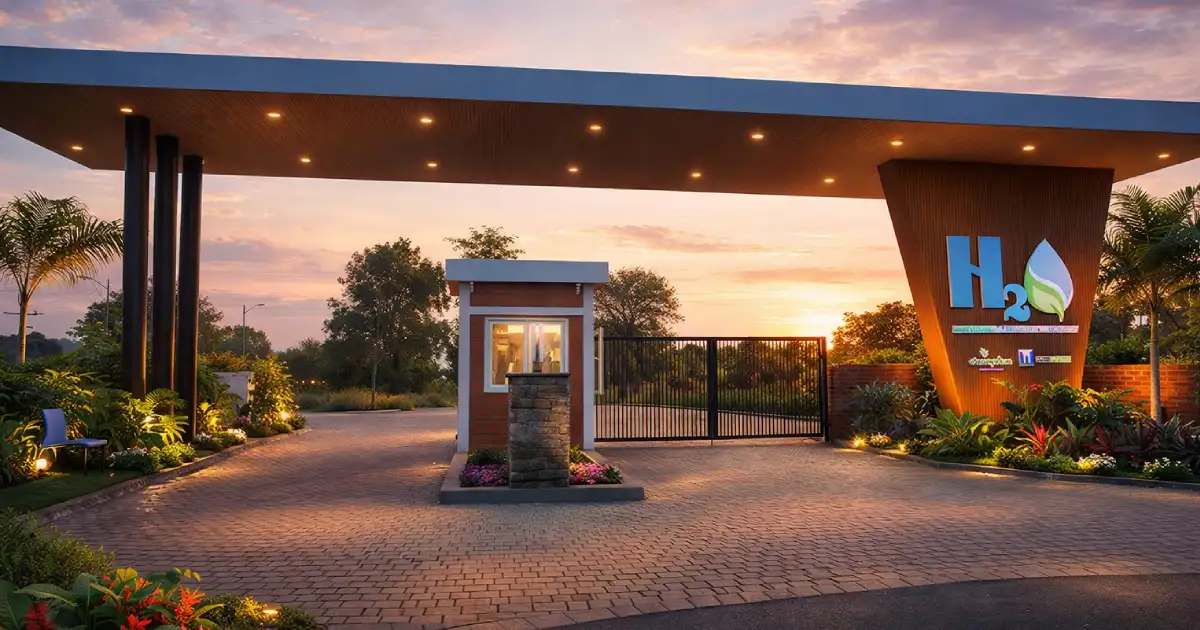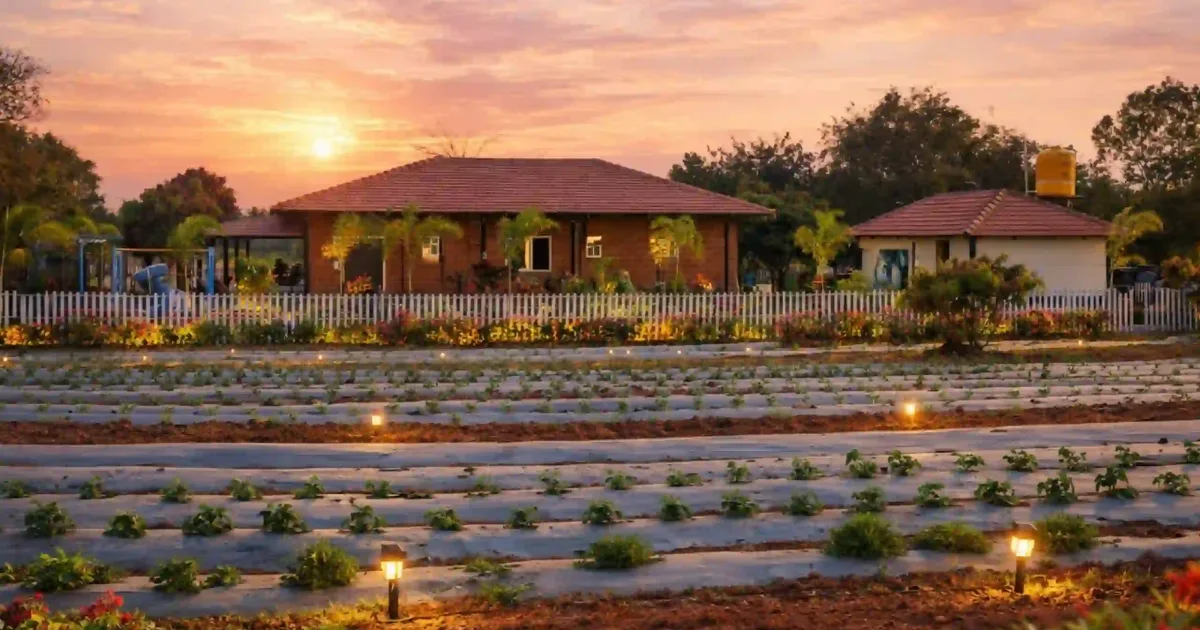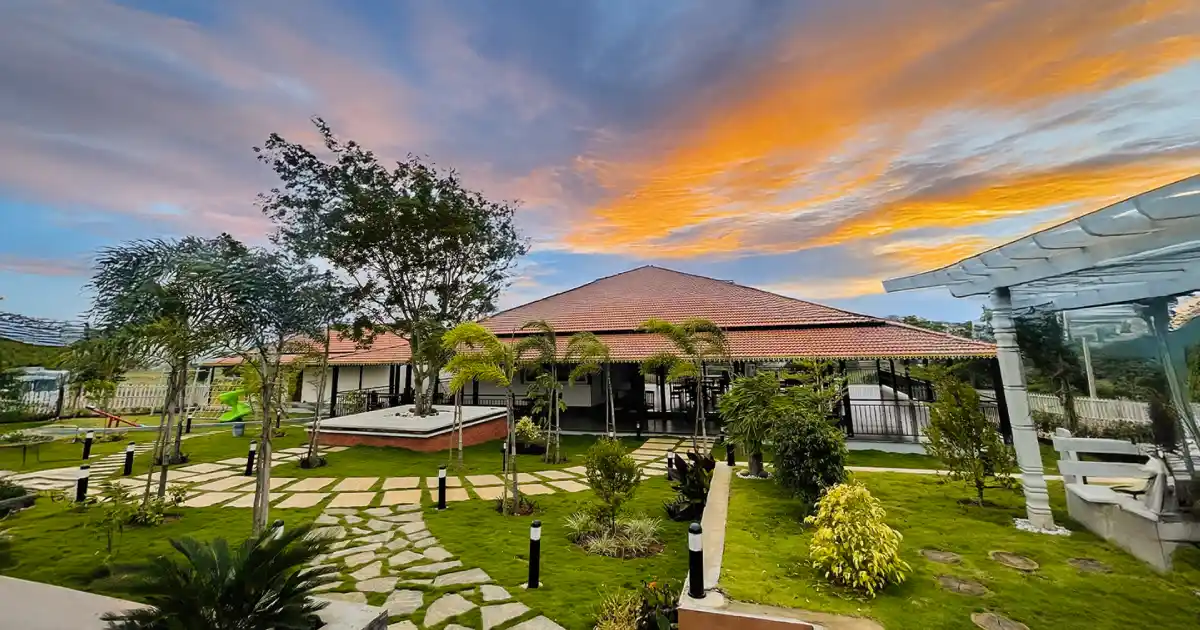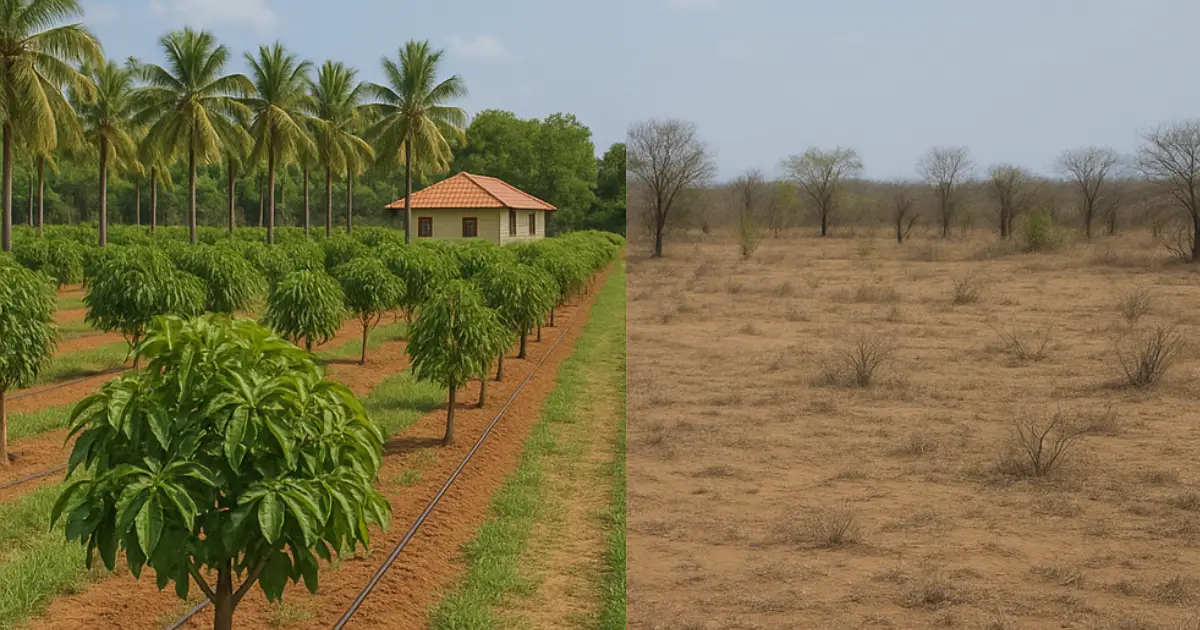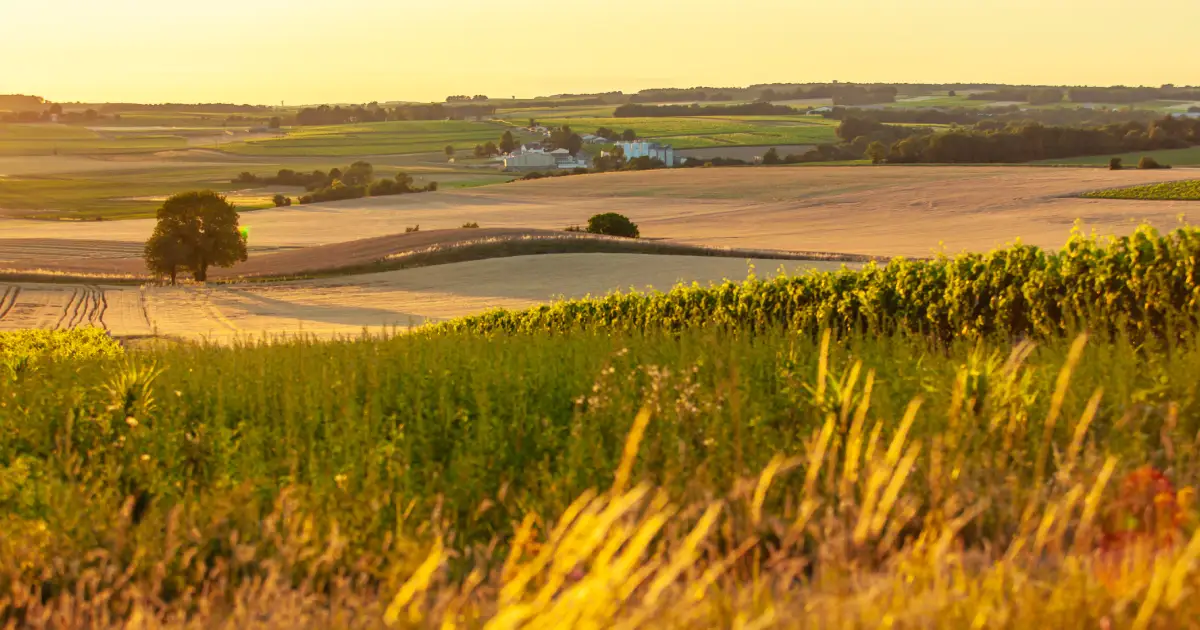In a world increasingly driven by environmental awareness and food security, investing in water-rich farmlands is emerging as a golden opportunity. For real estate investors looking to diversify sustainably, these fertile lands are not just an asset—they’re a future-proof strategy.
This blog explores why water-rich farmland investment opportunities are gaining momentum and how they align with the principles of organic farming and sustainable agriculture.
Understanding the Value of Water-Rich Farmland
What Makes Farmland “Water-Rich”?
Water-rich farmlands are those with consistent access to natural water sources—rivers, lakes, or deep groundwater reserves. These lands require less artificial irrigation, reducing operational costs and supporting more sustainable agricultural practices.
Agricultural Viability
According to a UN FAO Report, agricultural lands with natural water sources yield 30-60% higher productivity compared to those reliant solely on rain-fed systems. This directly impacts your farmland investment returns.
Why Water Access is the New Gold in Real Estate
1. Consistent Crop Yields
Crops thrive with regular water availability. Whether it’s organic farming or conventional, stable irrigation supports multiple harvests annually, increasing profit per acre.
2. Drought Resilience
In regions prone to dry spells, water-rich lands continue to generate income. This resilience makes them a safer real estate investment during climate uncertainty.
3. Better Rental & Lease Opportunities
Farmers prefer leasing land with reliable water access. Managed farmland providers also seek such plots for high-value horticulture or orchard-based projects.
The Sustainability Advantage
Supporting Organic Farming
Organic farming depends on natural water cycles to avoid synthetic irrigation enhancers. Water-rich farmlands facilitate this naturally, enhancing soil health and crop quality.
Eco-Friendly & Low Input
Less energy is needed for irrigation pumps or water transport. This leads to lower carbon emissions and reduced farming costs—cornerstones of sustainable agriculture.
Aligning with ESG Investment Trends
According to MSCI reports, ESG-focused portfolios are outperforming traditional assets. Farmland investments with water and sustainability features check all ESG boxes.
Market Demand & Profit Potential
Growing Demand for Organic Produce
India’s organic market is expected to grow at a CAGR of 20.5% (TechSci Research). Investors in water-rich farmland benefit from premium crop pricing and consistent buyer demand.
Rising Urban Interest in Weekend Farming
With concepts like managed farmlands near metros (e.g., Bangalore, Hosur), more urban families are becoming weekend farmers, renting or co-owning fertile, water-rich plots.
Real Estate Appreciation
Farmland in water-abundant zones sees faster appreciation due to high demand from agri-businesses, resorts, and eco-retreat developers.
Strategic Location Matters
Focus Areas for Investment
Regions like Hosur, Denkanikottai, and Talli in Tamil Nadu are increasingly popular. These areas offer:
- Abundant water sources
- Close proximity to Bangalore
- Growing demand for real estate and managed farmlands
Government Support
Initiatives like PM-KUSUM and NABARD’s irrigation schemes support water conservation and agri-investment, further enhancing land value.
Actionable Tips for Investors
1. Prioritize Natural Water Sources
When scouting land, prefer plots with borewells, ponds, or proximity to rivers.
2. Choose Managed Farmlands
Opt for professional managed farmland projects with proven water conservation practices and long-term crop planning.
3. Check Legal & Water Rights
Verify land ownership, agricultural classification, and whether water usage is legally permitted.
4. Diversify Your Crop Investment
Combine high-yield crops like turmeric or bananas with long-term plantations like mango or sandalwood.
Inbound & Outbound Links
- Learn more about SVR Farms and their water-rich land projects near Hosur.
- Discover NABARD’s water irrigation schemes supporting farmland productivity.
Final Thoughts: The Future is Flowing
In an era where sustainability is more than a buzzword, water-rich farmlands offer a powerful combination of profitability, resilience, and environmental stewardship. Whether you’re a first-time investor or a seasoned real estate buyer, these lands promise not just returns—but relevance.
Ready to invest in water-rich farmland that grows more than crops?
Contact SVR Farms today and explore high-potential real estate plots tailored for sustainable growth.
Visit us near Hosur and witness the future of farming firsthand.
FAQs: Addressing Common Questions About Water-Rich Farmlands
1. What makes water-rich farmlands more valuable than other types of land?
Water-rich farmlands offer consistent crop production and higher resilience to climate change. The availability of water makes them an attractive investment for both traditional and organic farming.
2. How do sustainable agriculture practices benefit water-rich farmlands?
Sustainable practices, like water-efficient irrigation and crop rotation, ensure that the land remains fertile and productive for years, which makes it a valuable long-term investment.
3. Can water-rich farmlands be used for organic farming?
Yes, water-rich farmlands are ideal for organic farming due to their ability to maintain healthy soil and reliable irrigation systems, supporting crop production without synthetic chemicals.
4. What are the financial benefits of investing in water-rich farmlands?
Investors can expect higher returns due to stable crop yields, rising land values, and increasing demand for organic and sustainably produced goods. Farmlands with adequate water resources offer consistent and profitable production.



